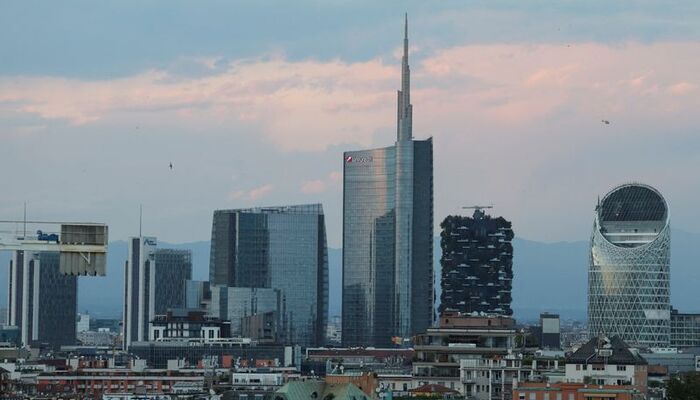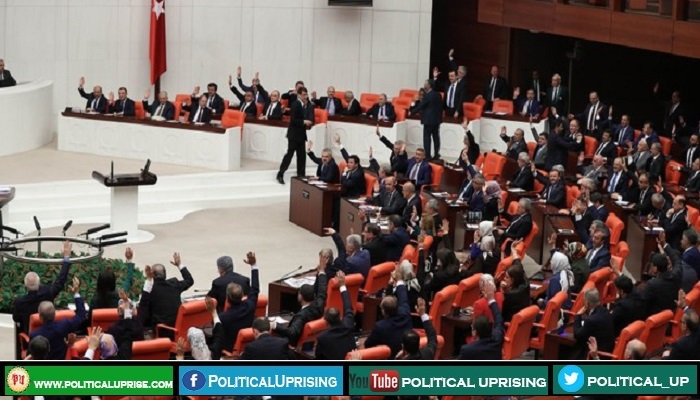German federal prosecutors have accused Russia of ordering murder of former Chechen rebel Tornike K. in Berlin,which strained diplomatic ties.
German prosecutors accused Russia on Thursday of ordering the killing of a former Chechen rebel in Berlin last summer and indicted a Russian man for the murder, which has severely strained diplomatic ties.
Investigators have gathered enough evidence to charge the man, identified only as Vadim K., with the murder as well as with the illegal possession of a weapon, the prosecutors said.
“The accused accepted the order from state authorities to kill. He either hoped for a financial reward or shared the motive of the order-givers to kill a political opponent and thereby retaliate for participating in previous conflicts with Russia,” they said in a statement.
The dead man, identified in the statement as Tornike K., a Georgian citizen, was shot in a Berlin park last August as he headed to a mosque. His killer had been on a bicycle.
NATO and Germany warn against US troop cuts
Russia has denied any connection with the killing. President Vladimir Putin has said the dead man was himself a killer who had carried out bloody acts on Russian soil and that Moscow’s requests for his extradition had not been heeded.
Welcoming the prosecutors’ move, German Foreign Minister Heiko Maas called the killing an “extraordinarily serious” incident.
The Foreign Ministry summoned the Russian ambassador to make its position clear and Moscow understands that Berlin reserves the right to take further steps in this case, Maas added.
Juergen Hardt, foreign policy coordinator of Chancellor Angela Merkel’s conservatives in parliament, said Berlin should mull further sanctions against Russia.
“As long as top Russian officials shield the perpetrators of the Tiergarten murder, the federal government must not shy away from sanctions. It must also win over our European partners for such a move,” he said.
German far-right AfD wins symbolic court case against Interior minister
Germany expelled two members of the Russian embassy in December 2019 in connection with the case.
Last month, in a separate dispute, Germany’s foreign ministry called in the Russian ambassador to complain about a 2015 hacking attack on the German parliament and said that possible sanctions were discussed against those responsible.
Russia has denied that its military intelligence was behind the cyber attack.
Germany expects European Union leaders this week to pave the way for an extension of EU sanctions against Russia over its involvement in the Ukraine crisis, a senior government official said on Thursday.



